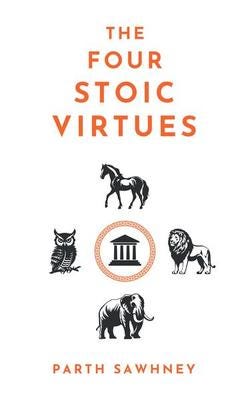ancient wisdom, modern science: how Aristotle noticed EQ

Emotional intelligence may seem like a contemporary psychological breakthrough, but its roots extend deep into classical philosophy. While psychologists have formalized and extensively researched EQ in recent decades, the concept found eloquent expression over two millennia ago in Aristotle's work.
In his Nicomachean Ethics, Aristotle observed: "Anyone can become angry—that is easy. But to be angry with the right person, to the right degree, at the right time, for the right purpose, and in the right way—that is not easy." This profound insight reveals a sophisticated understanding of emotional regulation that resonates with today's psychological frameworks.
Aristotle recognized that emotions themselves aren't inherently good or bad—rather, their appropriate expression defines virtue. His perspective anticipates modern EQ theory, which emphasizes not the suppression of emotions but their skillful management and contextual application. The Aristotelian ideal of emotional moderation, expressed through his doctrine of the "golden mean," parallels contemporary understanding that emotional intelligence involves recognizing, understanding, and effectively channeling our emotional responses.
What makes Aristotle's insight particularly remarkable is its enduring relevance. As we navigate increasingly complex social environments, his ancient wisdom reminds us that true emotional intelligence isn't simply feeling emotions but wielding them with purpose, proportion, and precision—a timeless skill that remains as challenging and valuable today as it was in ancient Athens.

PS: I’m happy and grateful to announce that the Print version (Paperback format) of my newly published book “The Four Stoic Virtues” is now available at all major retail stores. Grab your copy today!


